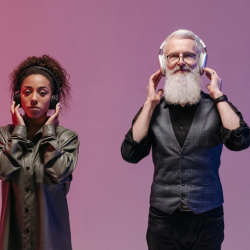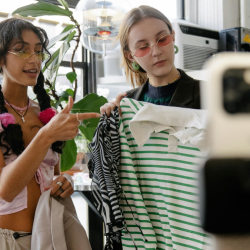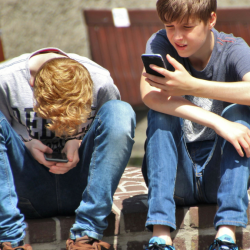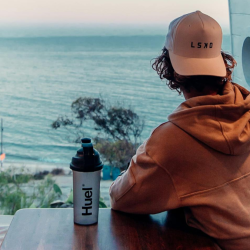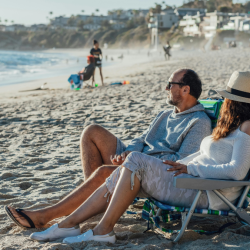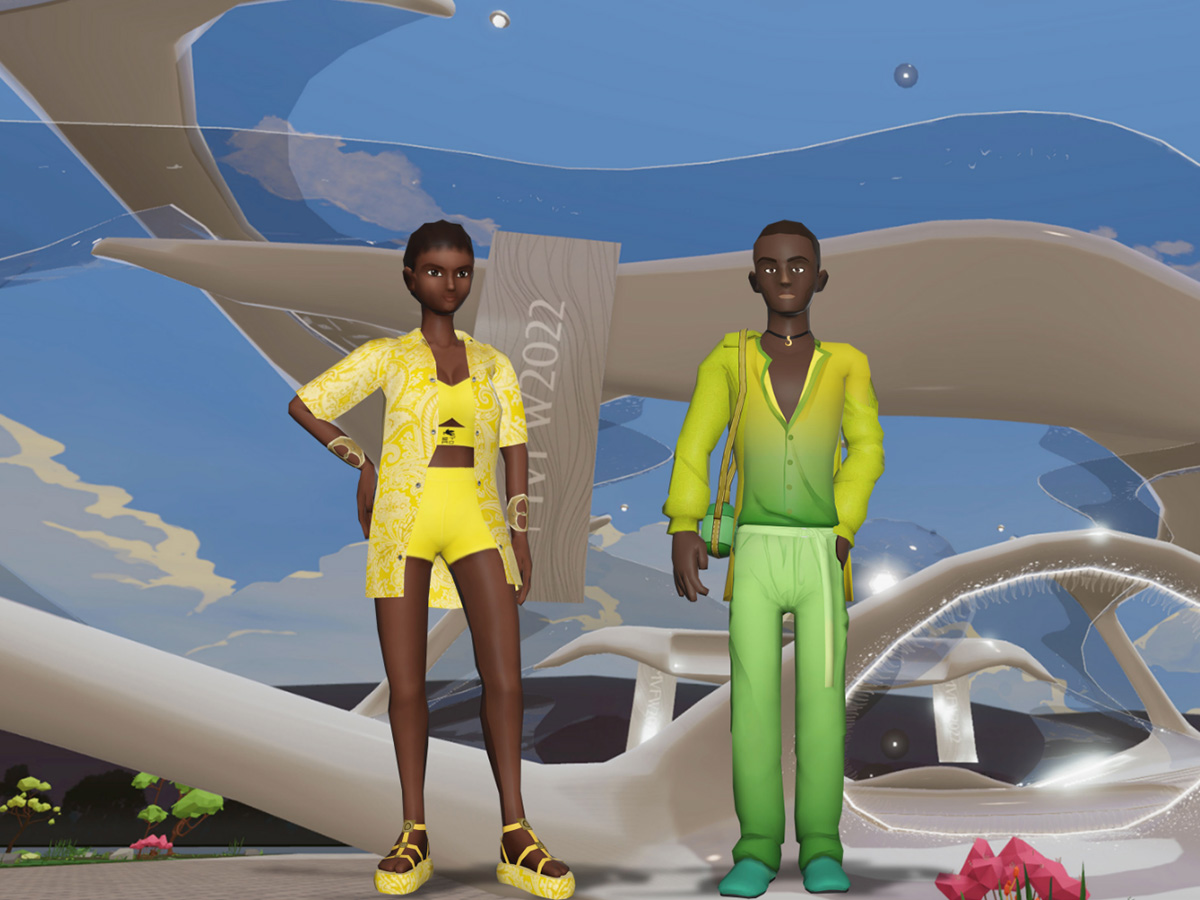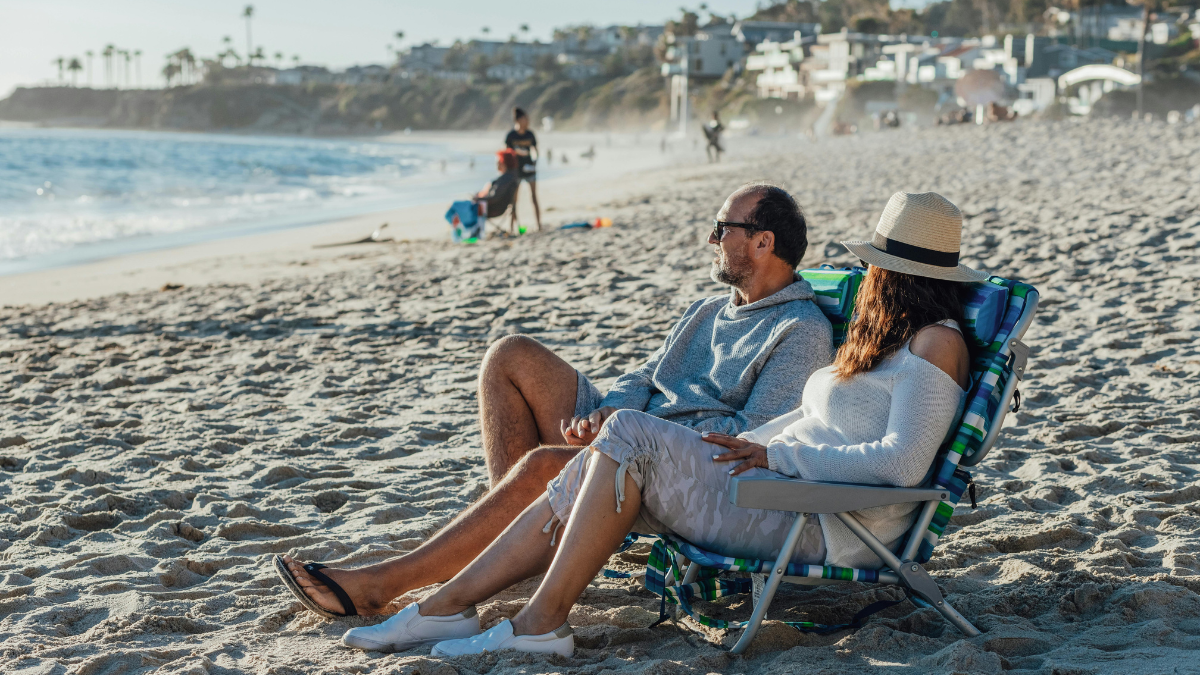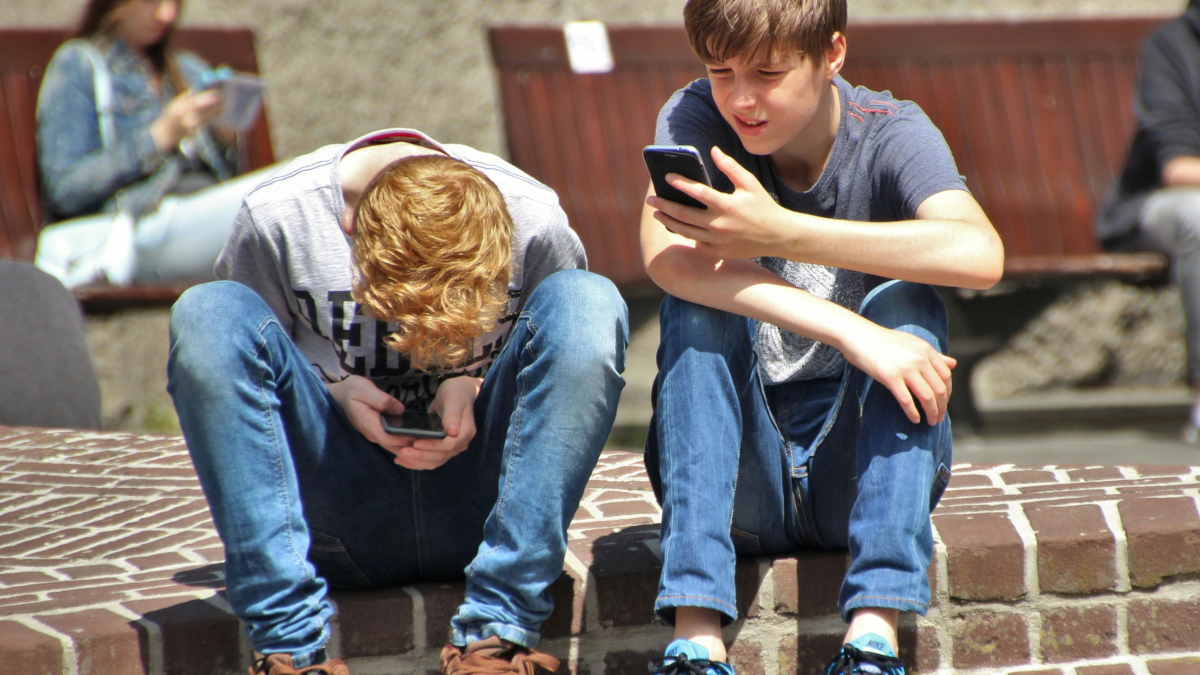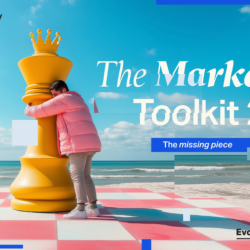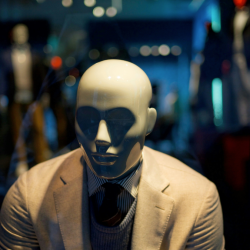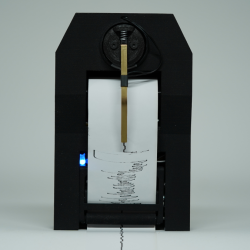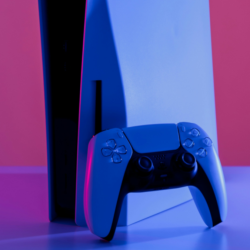Whether you like it or not, in a few years time, your brand or business will probably be engaging with the metaverse. Just as Facebook essentially forced us all to join its platform to create and sustain its own business model, its latest incarnation, Meta, will do its utmost to ensure that both users and advertisers also settle in its virtual domain and, in doing so, make it viable.
How this is actually going to work is anyone’s guess, but personally I imagine that we’ll all start dubiously signing up to online worlds derived from gaming platforms and social media sites, and things will escalate from there. Soon it won’t be uncommon to be sold a Red Bull-branded energy vial by an influencer, before setting off to choose your avatar’s costume in streets designed like Gstaad’s luxury boutiques, rather than those from The Witcher’s Ard Carraigh.
But to be honest, neither of these scenarios leave me particularly inspired
They’re too straightforward: easy to roll-out ideas that duplicate the worst elements of real life. Sure, they might make a bit of noise. But is that really going to captivate users as they explore a three dimensional, virtual world? I don’t think so.
Of course, I could be wrong. After all, the weirdest thing about talking about the metaverse is that since few of us really understand what it is, even fewer of us actually know what we’re talking about. For as long as it’s in development (and all signs suggest it will be in development for a while), we’re all dreaming and hypothesizing — creating imaginary worlds inside our minds to make room for the virtual universe headed our way. Sure, we can draw upon science fiction and try to manifest the literary visions of R. Bradbury, C. Clark or E. Cline. But when it comes down to it, we’re all as ignorant as each other about what the future of online marketing really holds.
From an experience design perspective, I think this uncertainty is exciting. The metaverse represents a virtual playground of limitless potential, where we can all think bigger than ever before – unconstrained by the laws of physics or geography. Ideally, we could also use the metaverse as a test lab, a sandbox to try and explore solutions that, if successful, could potentially be brought back to the real world and fix real problems.
Which is why I want us to start thinking bigger — thinking smarter — about what elements of reality we should prioritise shifting online.
Because I don’t believe it’s just a matter of buying up virtual billboards and working out the window display for your virtual shop. Over 18 years of experience in the advertising industry have taught me that consumer experience isn’t just about shouting loudly. It’s about forging connections. Which means that in the metaverse, brands are going to have to work to find a way to bring humanity to the virtual world and give the intangible a solid sense of meaning. Otherwise, I can’t see how it won’t fall flat.
To do this, we need to stop viewing the metaverse as unlimited ad space, and stop thinking that, as brands, simply having an online presence is enough. Instead, brands will need to work harder than ever to prioritise experiences that centre the consumer and develop connections that will endure in all worlds, real or not.
This isn’t about sticking your logo in everyone’s faces for the sake of it, it’s about considering the metaverse as a new medium for interaction, where previous boundaries no longer exist – and our imaginations can truly run wild. But in order to do this successfully, we have to remember our consumers are still the same. Just because the metaverse might be populated by identikit avatars in need of a digital wardrobe doesn’t mean we can afford to forget the real life people holding the controls.
In other words, for brands to truly benefit from the metaverse, they need to stop viewing it as an escape from humanity, and start considering it an opportunity to bring humanity to a new, virtual space.
Hopefully without a branded energy vial in sight.
Featured image: Etro’s Liquid Paisley collection at Metaverse Fashion Week / Twitter
